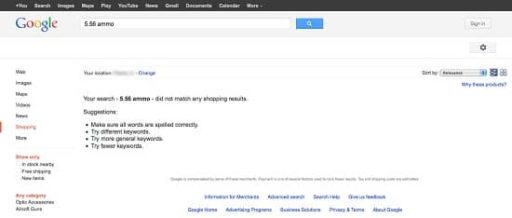The drive against copyright infringement and online piracy has gone awry these days. Content producers are going after people who might have the slightest link to a possible infringement of copyrighted content. Law enforcing agencies are going after notorious file sharing sites, disliked by the content industry. Courts are ruling sometimes to preserve public interest, and sometimes in favor of content producers. The whole thing around copyright and piracy has got chaotic. And, in the midst of all these chaos, where are we – the people?
Two recent happenings must be considered to get the answer. No, I’m not talking about Kim Dotcom’s trial or Demonoid’s shut down. These two events don’t have the lackluster of the latter events, nonetheless should be considered with attention. The first one is German Federal Court of Law ruling that ISP’s must handover the personal details such as names and addresses of illegal file sharers’ if rights holders ask for them – regardless of the volume of copyright infringement. The second important happening is a police warning in Sweden to internet users to be aware of anti-piracy scams.
The German court ruling came in case of Naidoo Records (the rights holder) vs Deutsche Telekom (German telecom giant and internet service provider). Deutsche Telekom didn’t comply to a request by Naidoo Records to disclose the names and addresses of users under a certain IP on the grounds of copyright infringement of a piece of music. The music publisher contended the in-cooperation in court, and now the court has ruled in favor of them. It said that a breach of law, no matter how insignificant, is enough reason for infringers’ details to be handed over to the rights holder. Seems, the citizens of Germany can expect to see legal notices to pay damages for illegal content sharing and may be dragged into court for non-compliance.
Now the question arises, who will collect the damages of such copyright infringement cases from users, and how much should be charged from the users? For a single instance of illegal content sharing, users may have to pay between 90 to 195 euros. At least that is what some internet users are asked of pay in damages in Sweden, where such arrangements are already in presence. But, the police have also issued a warning, not to pay fines to fraudsters claiming damages for illegal file sharing by users.
Apparently, a scam has not been hitting Swedes internet users to pay-off fines for illegal downloading. It is believed that an internet site, set up by scam operators, gathers personal details of users from their mobile phones once they (users) enter the site through mobile internet. The fraudsters, working under the name of an Arcad World Corp., then send a mail claiming that the users’ have illegally downloaded copyrighted porn, and must pay for that to an account held at the Valartis Bank in Liechtenstein. The scam operator also tried to trick users with Sweden’s Antipiratbyran group, which usually handles such claims in the Scandinavian country. The Antipiratbyran group however disavowed any relation to the claims. And, recognizing the scam the Swedes police have now issued warnings for internet users, not to fall in the trap.
Both of the incidents – the German court ruling and the Swedes anti-piracy scam – are interesting. However, as a common netizen, I am not amused by the developments. Because both of the incidents make me more vulnerable in a world that is already chaotic and beyond my control. And, that’s where we all are; in the middle of a chaotic world where the sharks of all waters are prying our personal (if it has anything personal left by now) lives for their profit, and the Gods are siding with them.
Thanks to: ZDnet, TorrentFreak
[ttjad keyword=”hot”]


